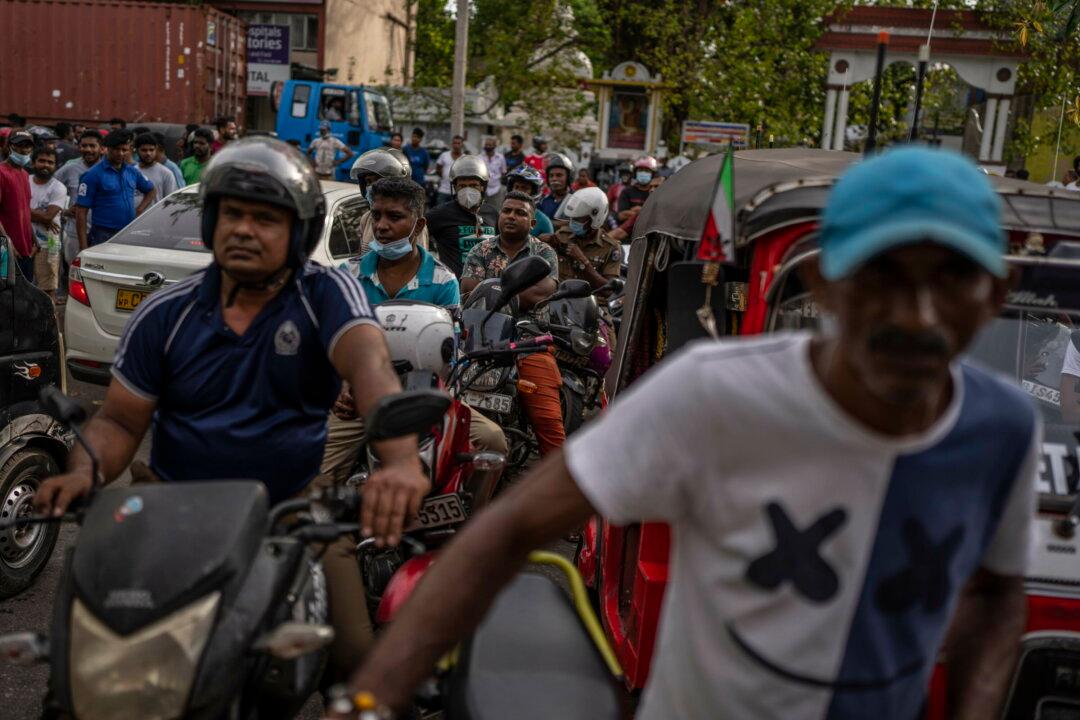Sri Lanka’s president on Thursday appointed eight task forces to explore investment prospects after reaching a preliminary deal with the International Monetary Fund (IMF) for a $2.9 billion bailout fund.
President Ranil Wickremesinghe appointed public and private sector leaders to serve on task forces that will oversee procedures, regulations, and actions of government agencies involved in business operations, Colombo Page reported.





